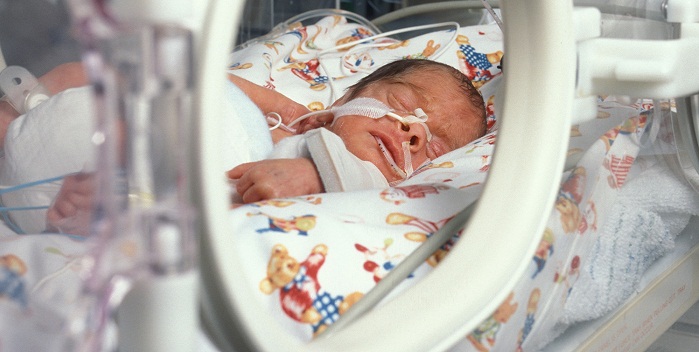The Warwick University study looked at the lives of 15,000 British adults and found that those born early were more likely to struggle financially and less likely to own a house.
Professor Dieter Wolke, who led the research, said the difference could stem from the fact that premature babies are lower achievers at school, particularly in mathematics, compared to others.
He said "Our findings suggest that the economic costs of preterm birth are not limited to healthcare and educational support in childhood, but extend well into adulthood.
"Together, these results suggest that the effects of prematurity via academic performance on wealth are long term, lasting into the fifth decade of life."
Wolke’s team studied 15,000 people born in either 1958 or 1970, between 28 or 42 weeks into the pregnancy.
Results showed that 32.5% of the adults who born preterm became manual workers, compared to 25% of those born full term.
Also, 3.3% of the prems were unemployed at some stage as adults, compared to 2.5% of the full term births.
Co-author Maartje Basten said: "What is perhaps most surprising is that most of the children we studied were not very preterm - born, on average, only five weeks early - and still we find these long lasting effects.”
Caroline Davey, chief executive of premature and sick baby charity Bliss, believes these children should have “more support when starting school, and that teachers should be adequately trained to deal with these children’s needs.”
She also suggested that parents should be able to choose to put off school for an extra year.
She told the Huffington Post: “We continue to believe that it is up to parents to decide if it is right for their child to delay starting school. Every child born prematurely has different needs based on a range of factors, and while one child may be ready to start school with their peers, another may not.
"Our evidence supports this, and we are confident that with the right care at birth and support throughout their development, children born premature can reach their full potential."
More about:
















































